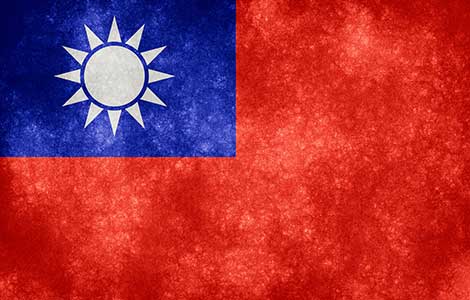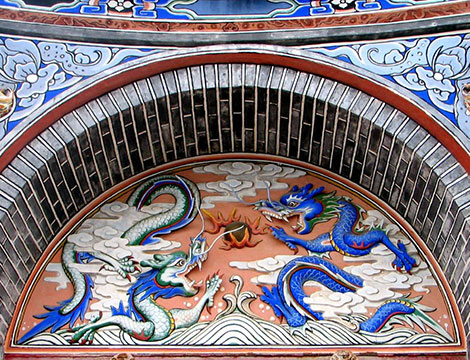
This article was originally published by Pacific Forum CSIS on 27 June 2017.
On June 13, Panama switched diplomatic recognition from the Republic of China on Taiwan (ROC or Taiwan) to the People’s Republic of China (PRC or China). Panama City and Beijing jointly announced that “the Government of the Republic of Panama recognizes that there is but one China in the world, that the Government of the PRC is the sole legal government representing the whole of China, and that Taiwan is an inalienable part of China’s territory.” Panama’s defection should serve as a “wakeup call” for the present administration in Taipei. To be sure, something needs to change.
After learning of the loss of one of Taiwan’s oldest friends, officials in Taipei – including President Tsai Ing-wen – lashed out at Panama for its shocking “betrayal.” Authorities also blasted the PRC for “oppressing” Taiwan. Senior officials even went so far as to threaten that the Tsai administration would consider all of its options while rethinking relations with the Chinese mainland. Paradoxically, anti-China pundits based in Taiwan (and elsewhere) put a different spin on the diplomatic defection. Some argued that the loss of Panama didn’t matter, while others claimed that Beijing had returned to the practice of “checkbook diplomacy” (bribing small countries to switch diplomatic relations). But these interpretations fall short.

